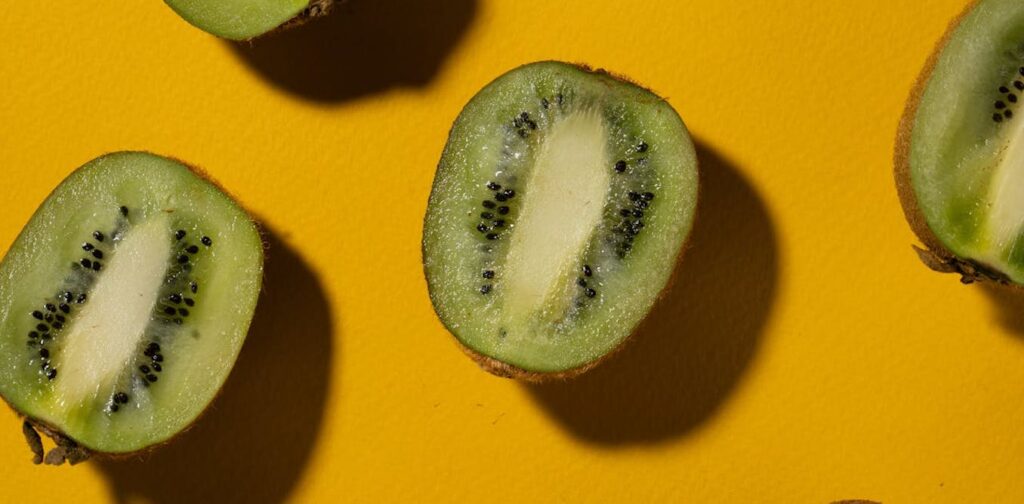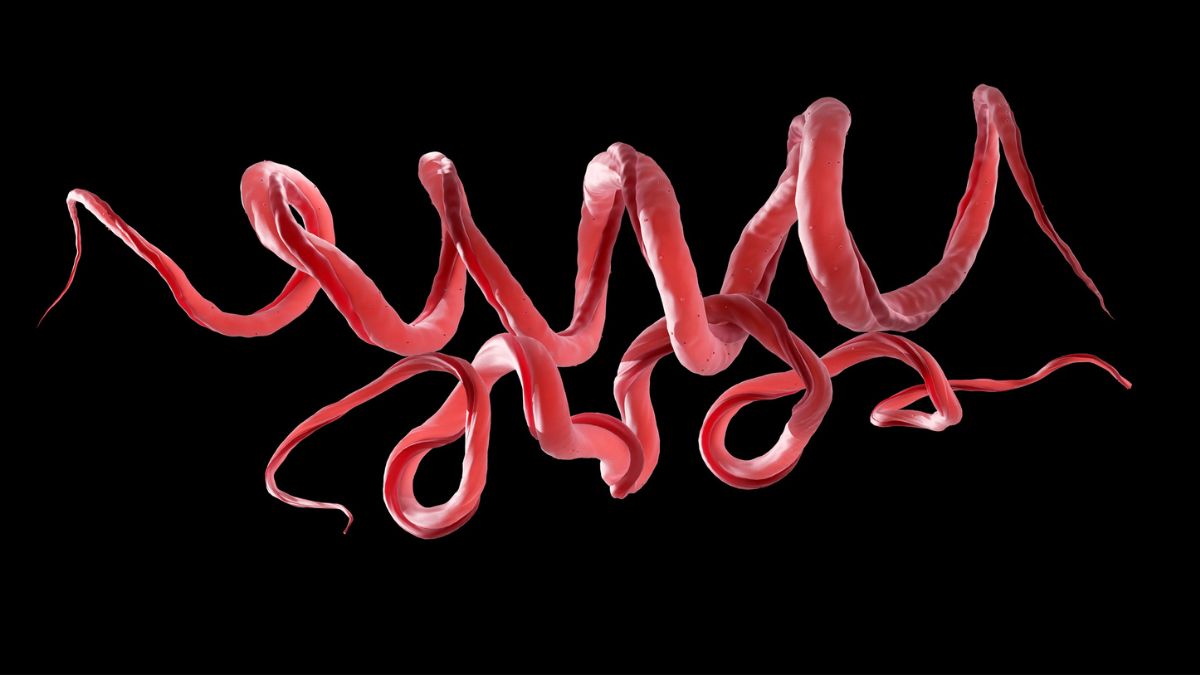
New guidelines from the British Dietetic Association have shifted the approach to managing chronic constipation, emphasizing the consumption of kiwifruit rather than a typical high-fibre diet. This recommendation has garnered attention, particularly the suggestion that individuals eat two to three kiwifruit daily for at least four weeks to improve their symptoms.
Researchers reviewed 75 clinical trials to formulate these guidelines, focusing on foods, drinks, and supplements that can alleviate chronic constipation in adults. The definition of constipation in this context encompasses both clinical definitions and patients’ perceptions, generally referring to infrequent or difficult bowel movements lasting at least three months.
Among the 59 recommendations made, the emphasis on kiwifruit stands out. The study indicates that both green and gold kiwifruit can effectively improve bowel function due to their unique properties. The fibre in kiwifruit swells significantly when mixed with water, aiding in stool formation and passage through the gut. Additionally, consuming the skin of the fruit increases fibre intake, contributing further to its benefits.
Another interesting aspect of kiwifruit is the presence of the enzyme actinidin, which helps digest proteins and may facilitate easier stool passage. Kiwifruit also contain raphides, crystals believed to promote mucus production in the gut, which can help lubricate the digestive tract.
The guidelines also highlight the benefits of drinking mineral water, recommending a daily intake of 0.5–1.5 litres for two to six weeks. Mineral water often contains magnesium, a known laxative. The research supports taking 0.5–1.5g of magnesium oxide daily for at least four weeks to soften stools and increase their frequency. However, caution is advised for individuals with kidney issues, as magnesium supplements can interact with certain medications.
Another surprising recommendation involves rye bread. Studies indicate that consuming six to eight slices of rye bread daily for at least three weeks is more effective at relieving constipation than white bread or common laxatives. Yet, this may not be practical for everyone, particularly those with gluten sensitivities.
The most significant change in the guidelines is the conclusion that a high-fibre diet may not be necessary for managing chronic constipation. The researchers found limited evidence supporting the traditional view that consuming at least 25g of fibre daily is essential. In fact, only one randomised controlled trial compared high-fibre diets with lower-fibre alternatives and showed no benefit for constipation relief. Individuals on lower-fibre diets reported less bloating and fewer gas issues.
While the guidelines do not dismiss the benefits of fibre altogether, they recommend a more focused approach. Instead of aiming for a high-fibre diet, individuals should consider incorporating at least 10g of a fibre supplement, such as psyllium, into their daily routine.
These updated guidelines offer a more personalized and evidence-based perspective on dietary management for chronic constipation. Kiwifruit emerges as a safe and effective treatment, alongside mineral water, magnesium supplements, and rye bread. Given the potential interactions with other medications and health conditions, discussing magnesium supplementation with a healthcare professional is advisable.
In summary, the new recommendations provide a fresh outlook on addressing chronic constipation, challenging longstanding dietary norms and emphasizing the role of specific foods and supplements.






